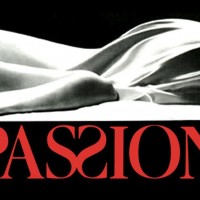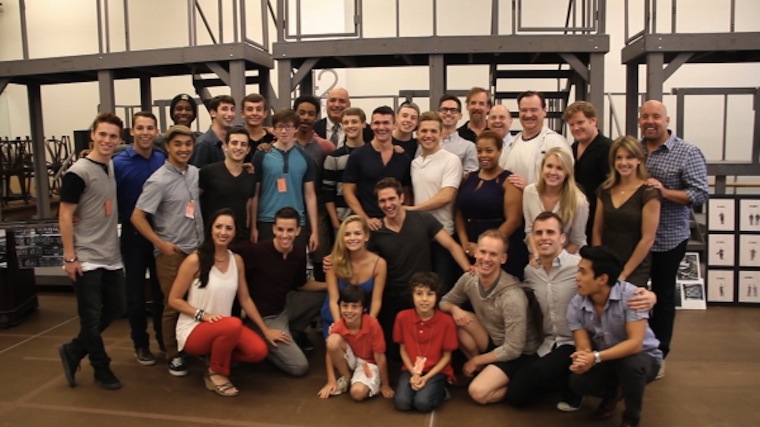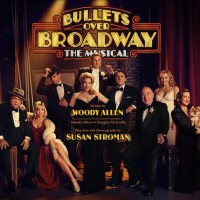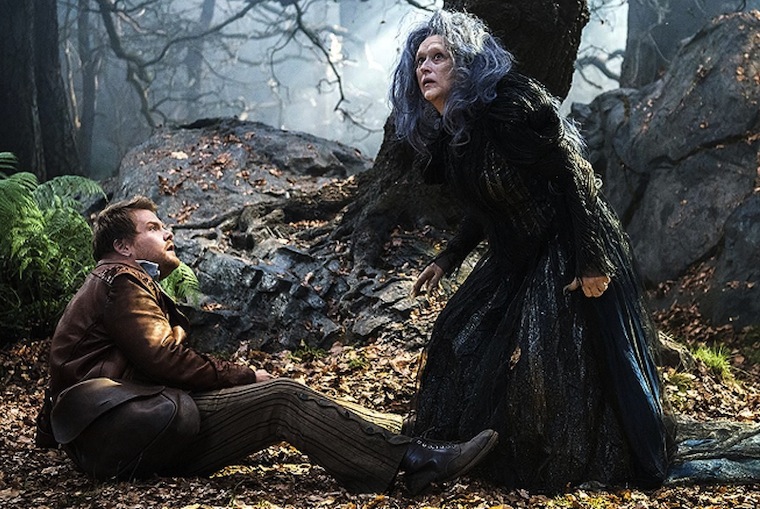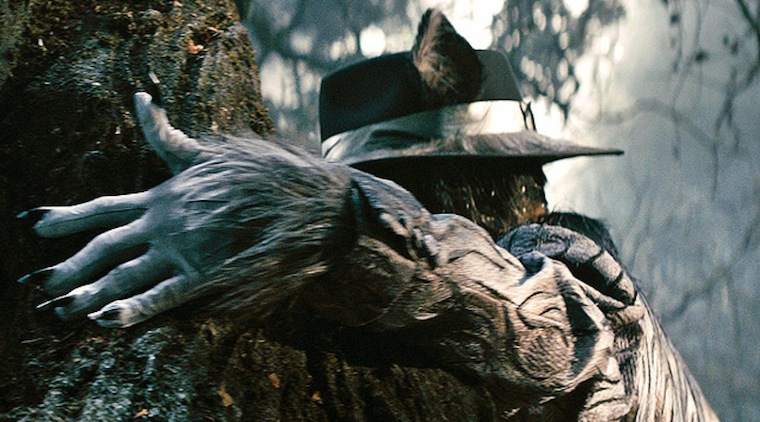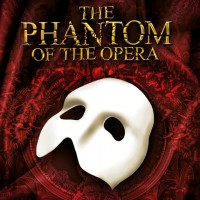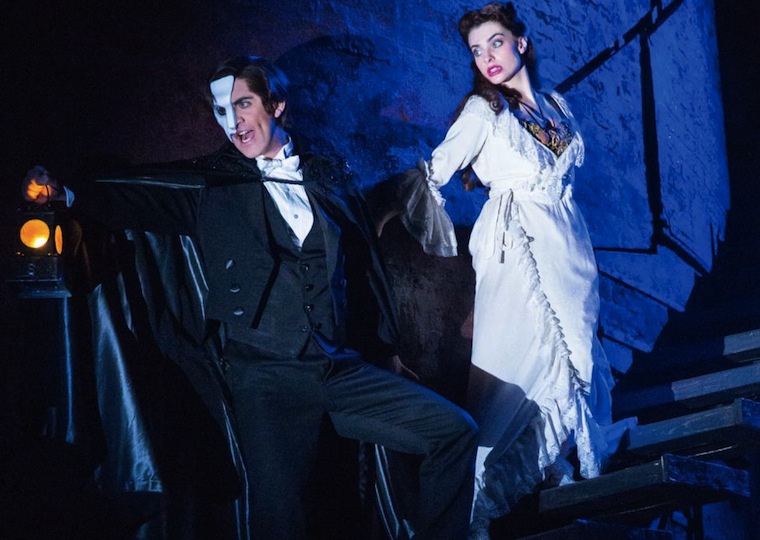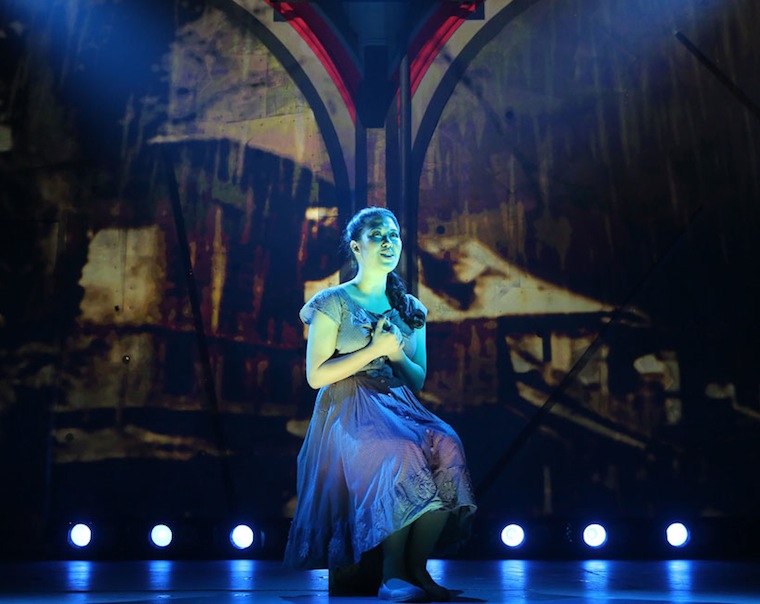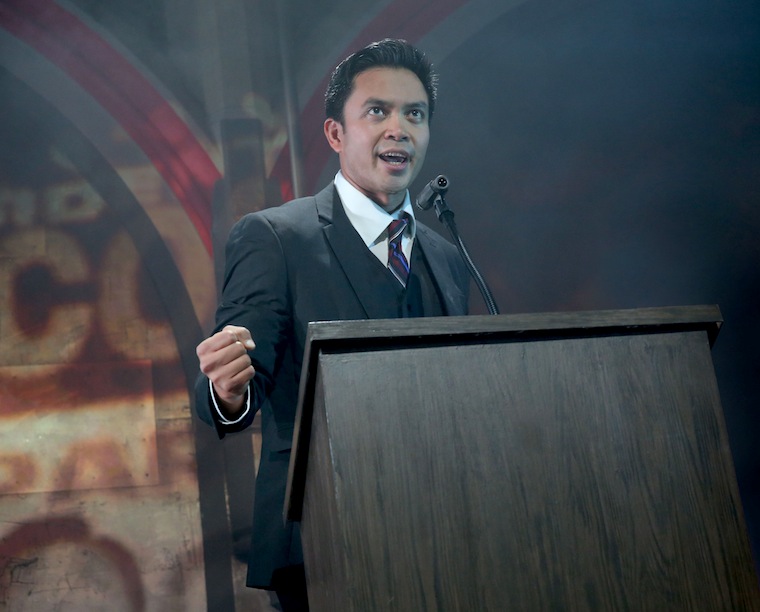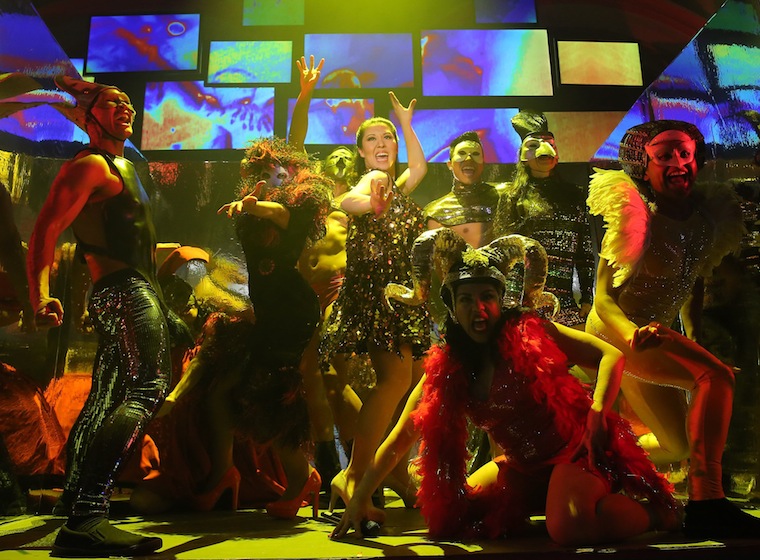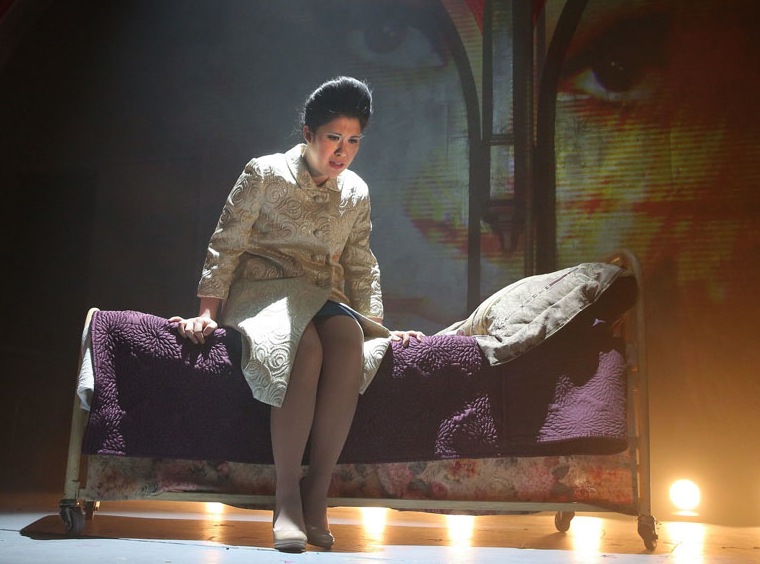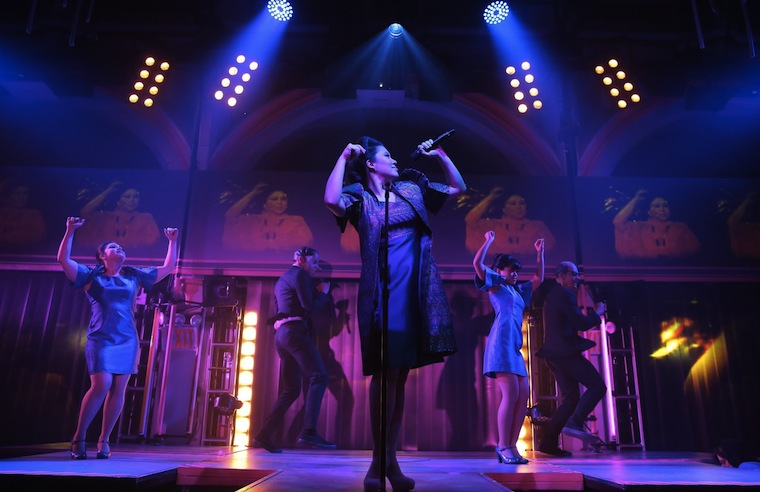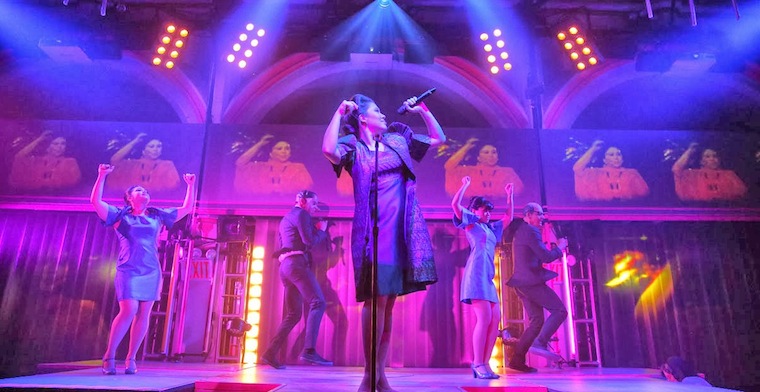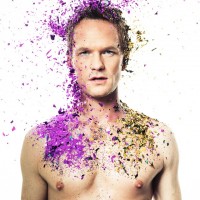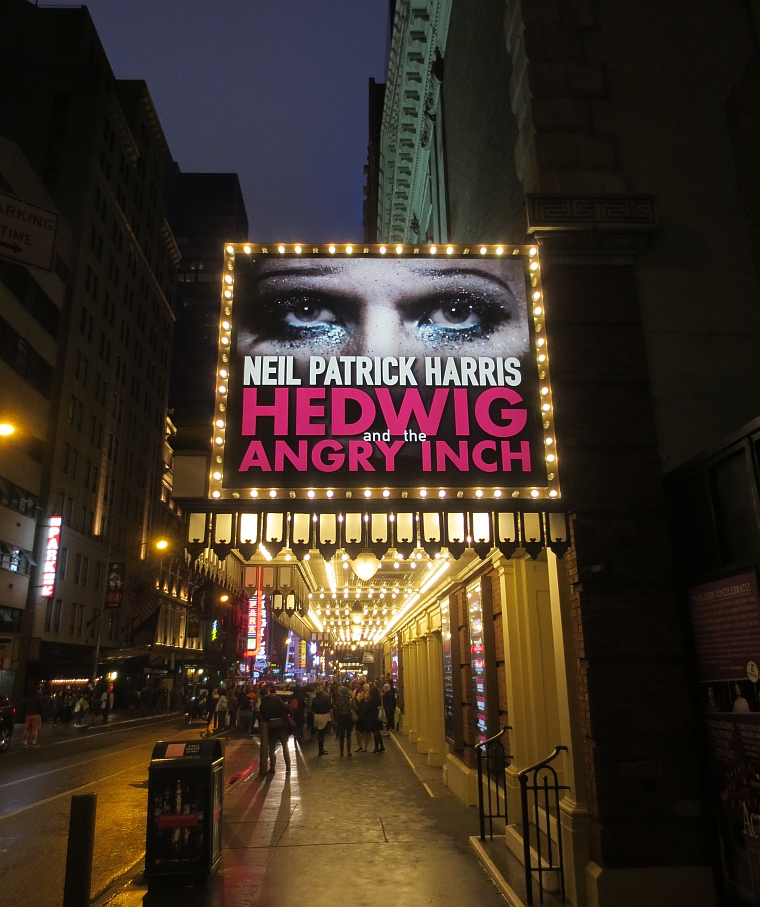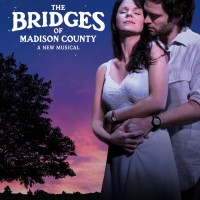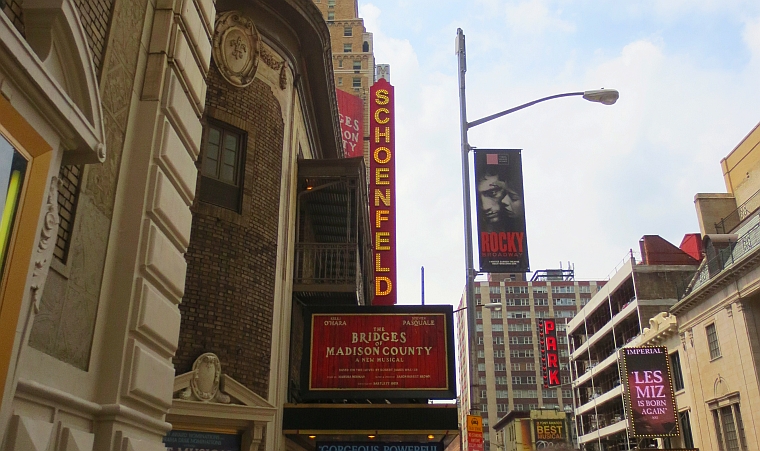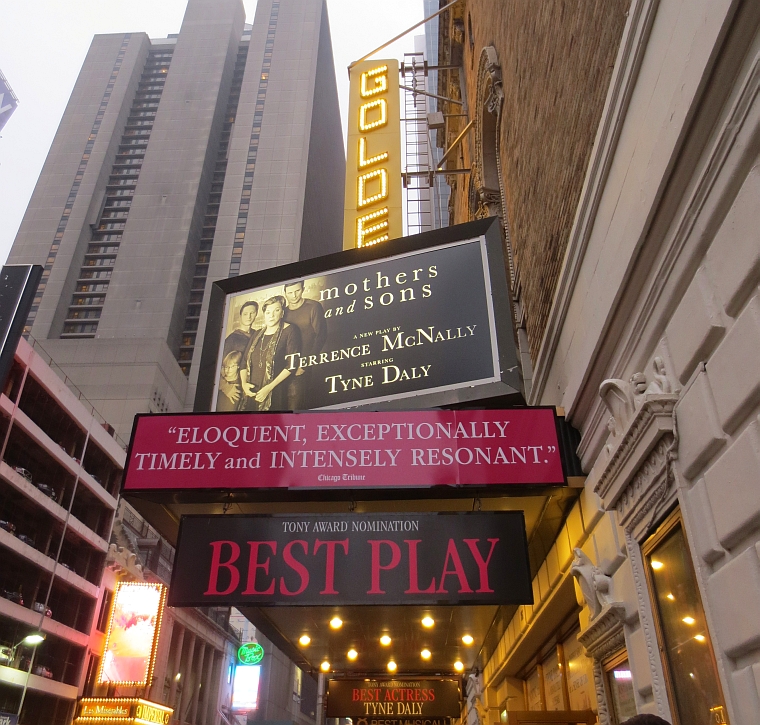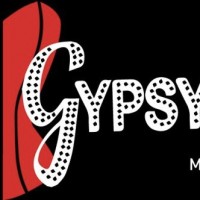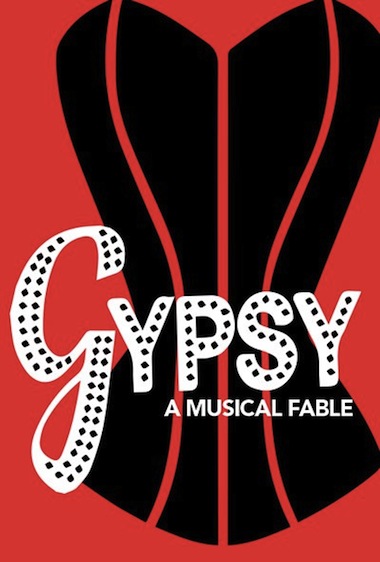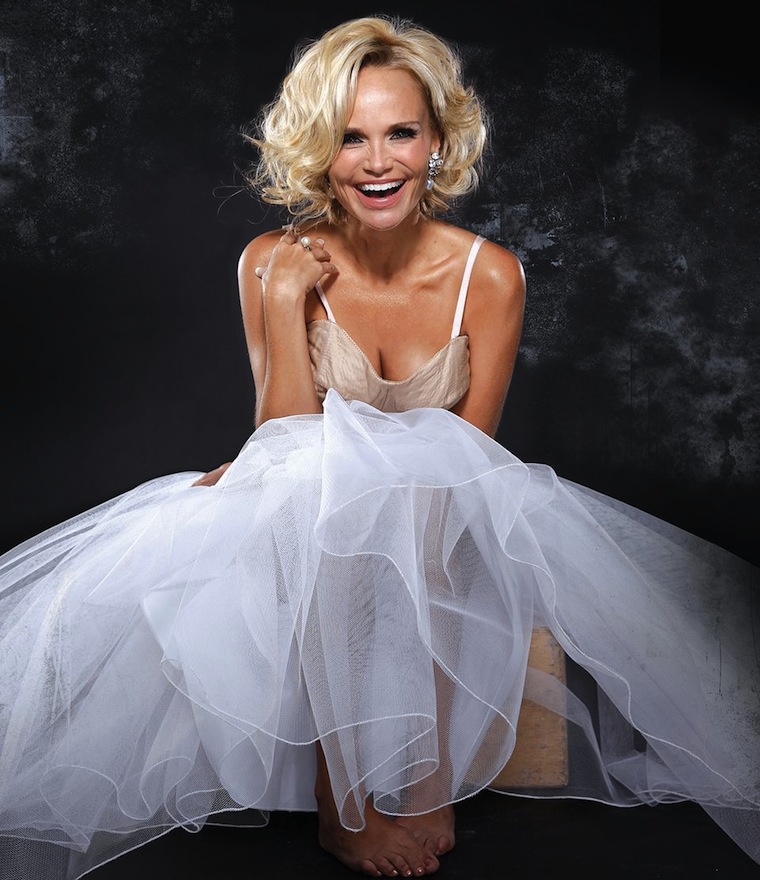There’s a special bit of alchemy that explodes when someone like Jeremy Jordan performs a song by Stephen Sondheim. I was lucky enough to catch Mr. Jordan in his recent creation of the J.M. Barrie in ‘Finding Neverland.’ His version is slightly more subdued than the usual female versions of this song of desperation. In that respect I tend to prefer someone like Bernadette Peters, whose histrionic tear-addled take on it tells of more heartache than any human should have to bear. Which do you like better? Both are wondrous, but everyone cottons to their own favorite for a reason.
I like the way Ms. Peters inhabits the past and present of this character. Suzie and I saw her in the revival of ‘Follies’ captured here, and she was as fantastic as expected. (Well, Suzie thought she cried too much, but Suzie’s harsh that way. She once crushed my five-year-old hand in a car window.) I found her richly dramatic and beautifully brittle. No one writes an unrequited love song like Mr. Sondheim.
I think it’s the first few lines that touch me the most:
The sun comes up
I think about you
The coffee cup
I think about you
I want you so
It’s like I’m losing my mind
Such stark simplicity, such naked emotions, such heartbreaking solitude. I remember mornings like that. Sometimes part of me even misses them, the passion they broke in me. As I grow out of my 30’s, I understand what they mean by ‘The Big Chill.’ This icy remoteness, the further we move from our youth, the further we seem to move from feeling. I don’t know, maybe it’s just me. The hardening of a heart finally coming years after I could have really used it. It’s so hard to get worked up about things. So difficult to find anything that really matters.
The morning ends
I think about you
I talk to friends
I think about you
And do they know
It’s like I’m losing my mind
There was such longing then, but that longing inspired and drove my restless heart. Every unreturned love letter, made more vicious in its vacuous silence, singed my tattered hopes. I burned willingly, from the inside out, and I “decked myself out in every little feather that floated my way” just to hang onto something so flimsy it would not matter if it could not hold me. In fact, all the better if it didn’t. I wanted it to fall apart. I wanted to fall. And I did.
All afternoon doing every little chore
The thought of you stays bright
Sometimes I stand in the middle of the floor
Not going left
Not going right
I dim the lights
And think about you
Spend sleepless nights
To think about you
You said you loved . . me
Or were you just being kind
Or am I losing my mind
Being kind. Such a nice sentiment. Such a sweet turn of phrase. Such a fucking lie. There, in a fiery instant, the rage. The fury. The thousands of lonely nights gathered in a single black sheet of wrinkled memory, cast down and thrown up into a starless sky. What despair hides in a tear that never falls. Choke it all down. Purse the lips. Glaze the eyes. And, always, smile when you say goodbye.
Does no one know
It’s like I’m losing my mind…
I’ve forgotten what I was going to say.
Sometimes this blog is just one big nervous breakdown waiting to happen.
Or maybe it already did.

